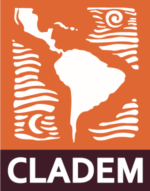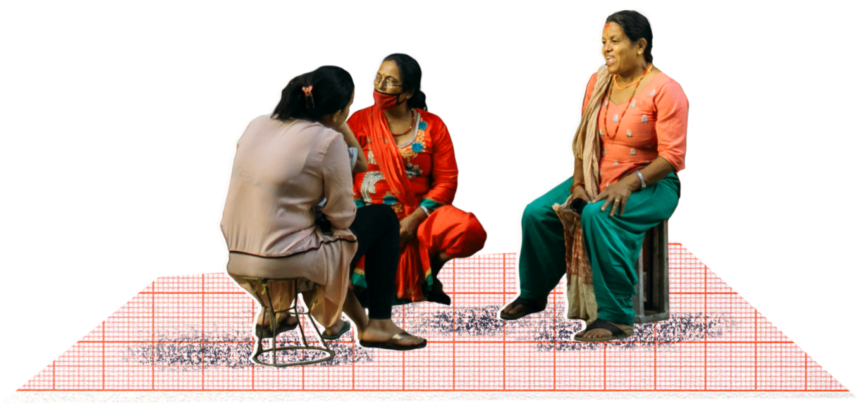CLADEM
Defending women’s rights through regional solidarity, data and the law
CLADEM has worked at the regional level and with its CLADEM allies in 14 countries to combine data from the EM2030 Index and Mira que te Miro (a regional tracker of sexual and reproductive health and rights commitments). They created one regional and 13 country factsheets and used these to influence events and processes including the 2020 Regional Conference on Women in the Latin America and Caribbean region, Commission on the Status of Women in 2021 (CSW65), Generation Equality Forum, and the Latin America and Caribbean Forum on Sustainable Development.
View website

Building on their long-standing campaign against forced pregnancy, CLADEM’s collaboration with EM2030 has helped them to combine their traditional focus on anecdotal examples of specific cases of adolescent births with wider quantitative data showing that births in the age group 10-14 have increased in recent years.

CLADEM have been able to better link political advocacy and data, increasing their presence and outreach in national and regional spaces and with the media.
In 2022, CLADEM and EM2030 collaborated on a virtual event with advocates from Brazil in advance of the recent presidential election. The event presented data on Brazil’s backsliding on gender equality during the Bolsonaro administration and potential strategies for collective DDA to reverse this trend in the coming years.


